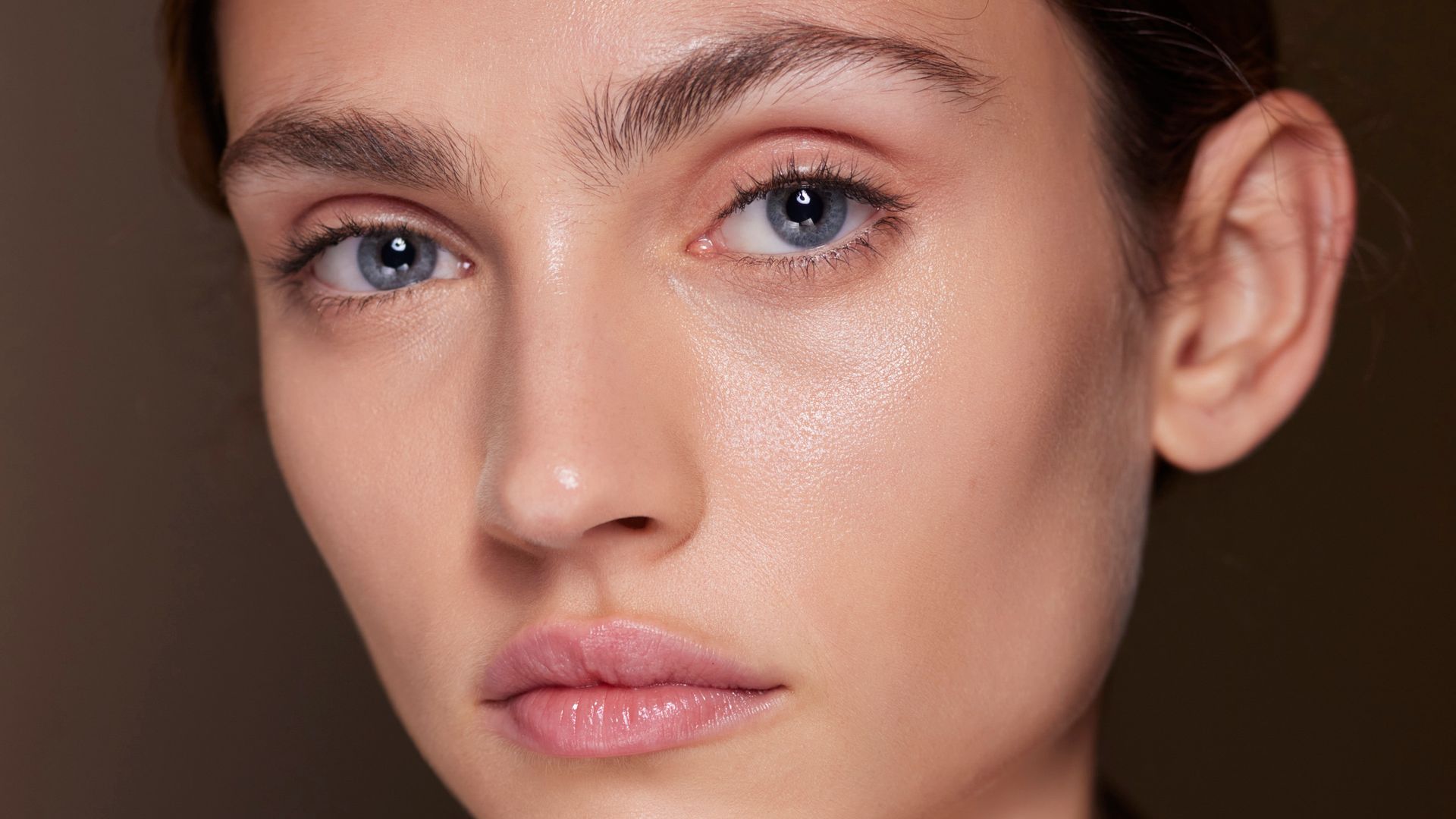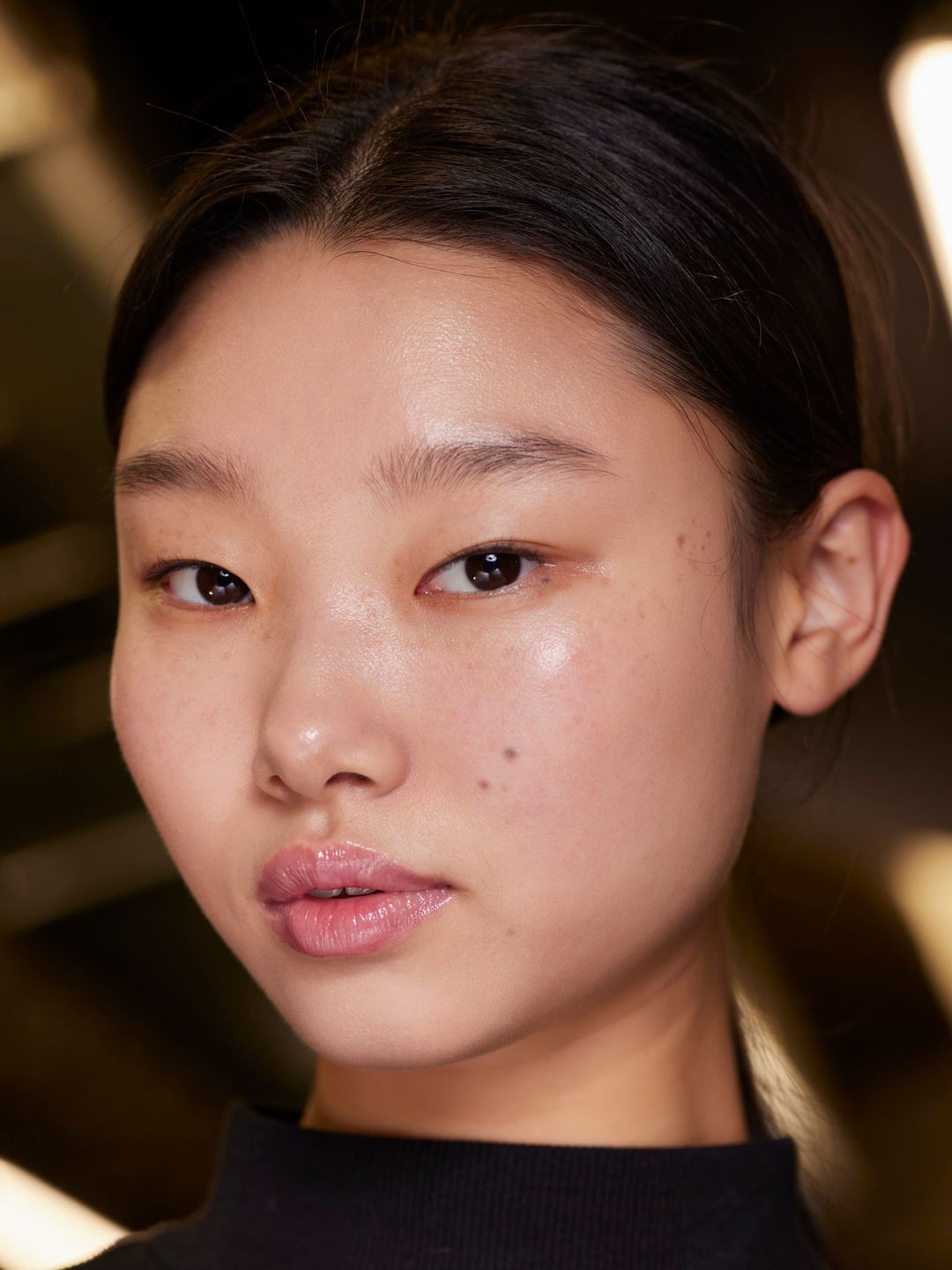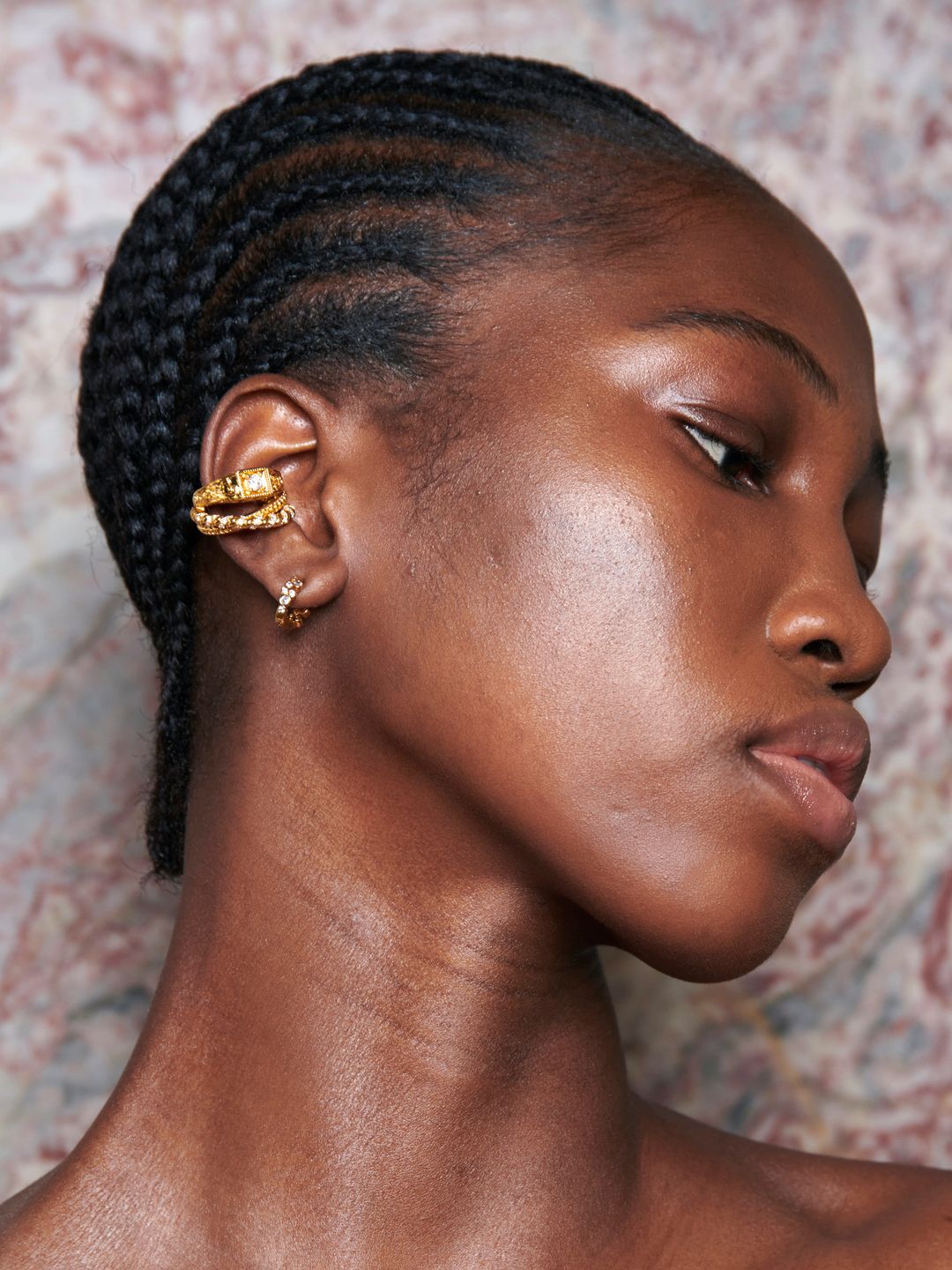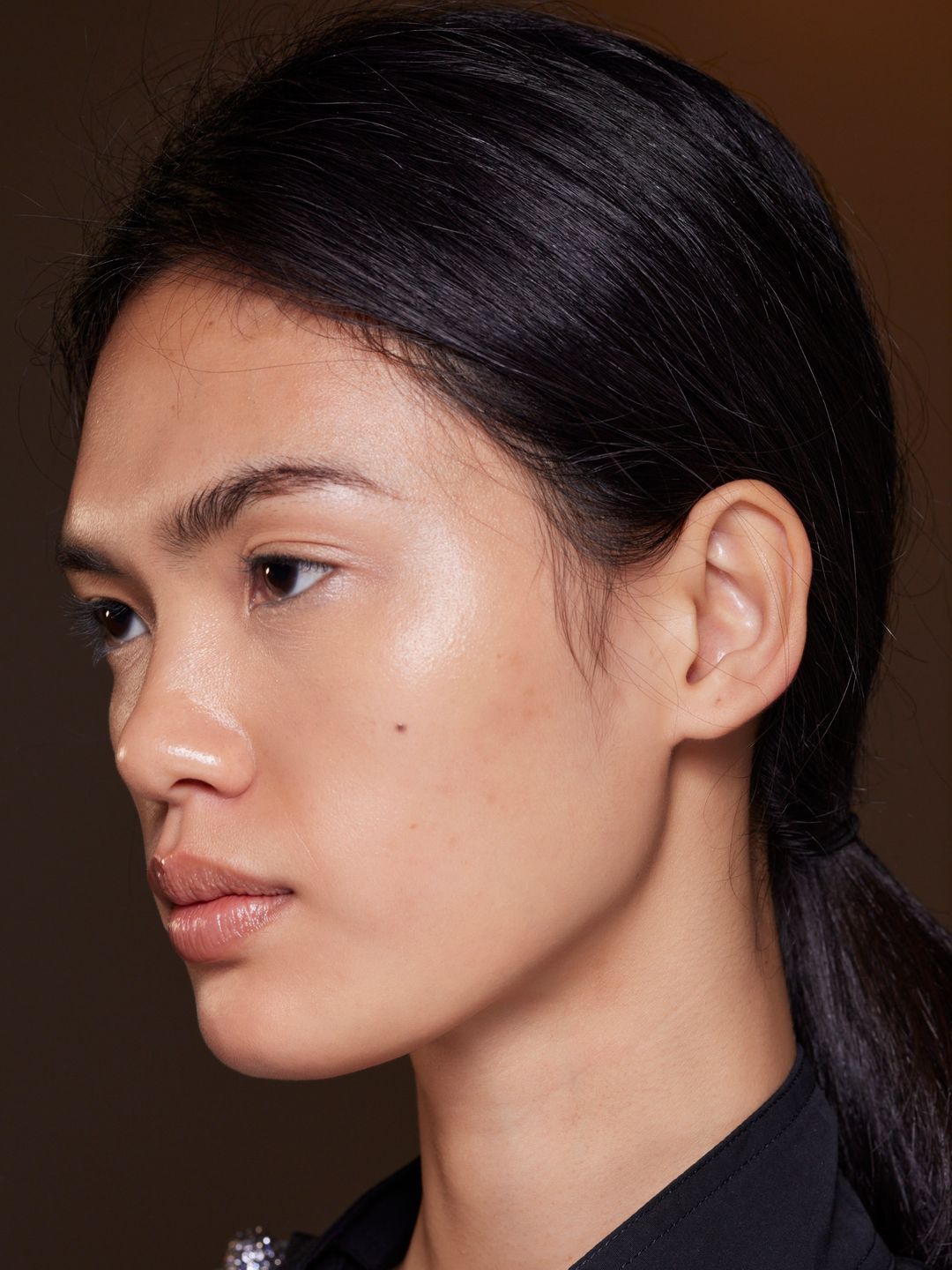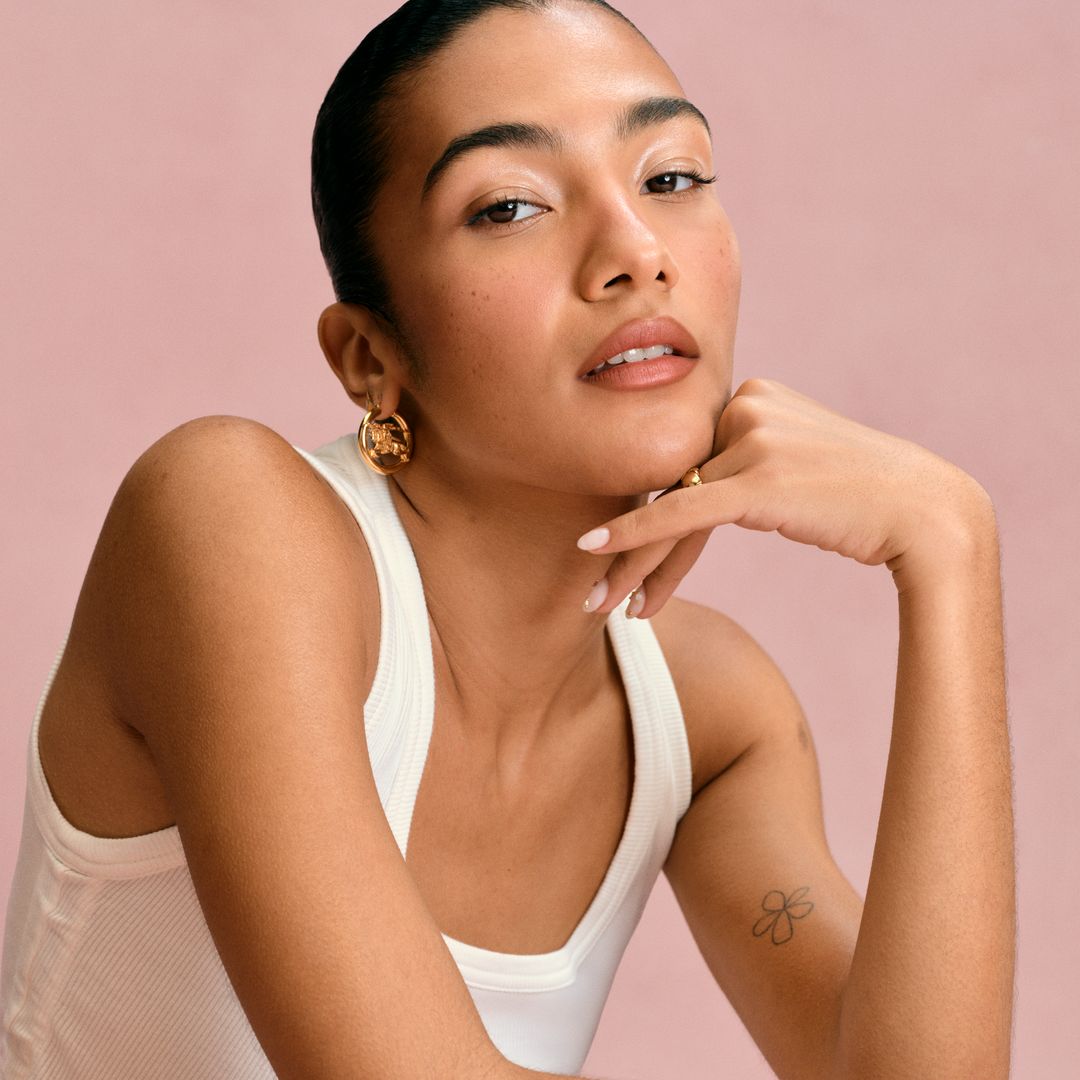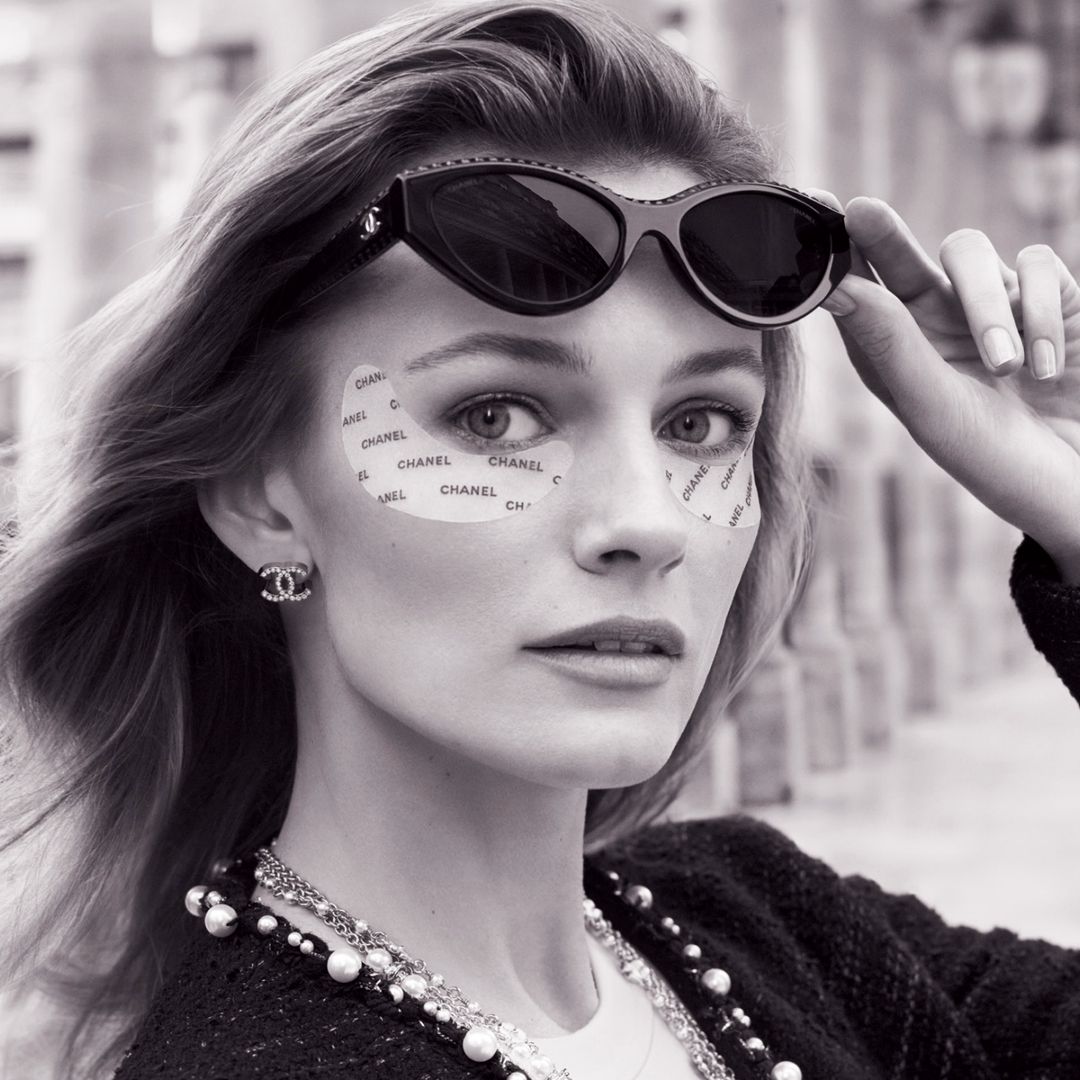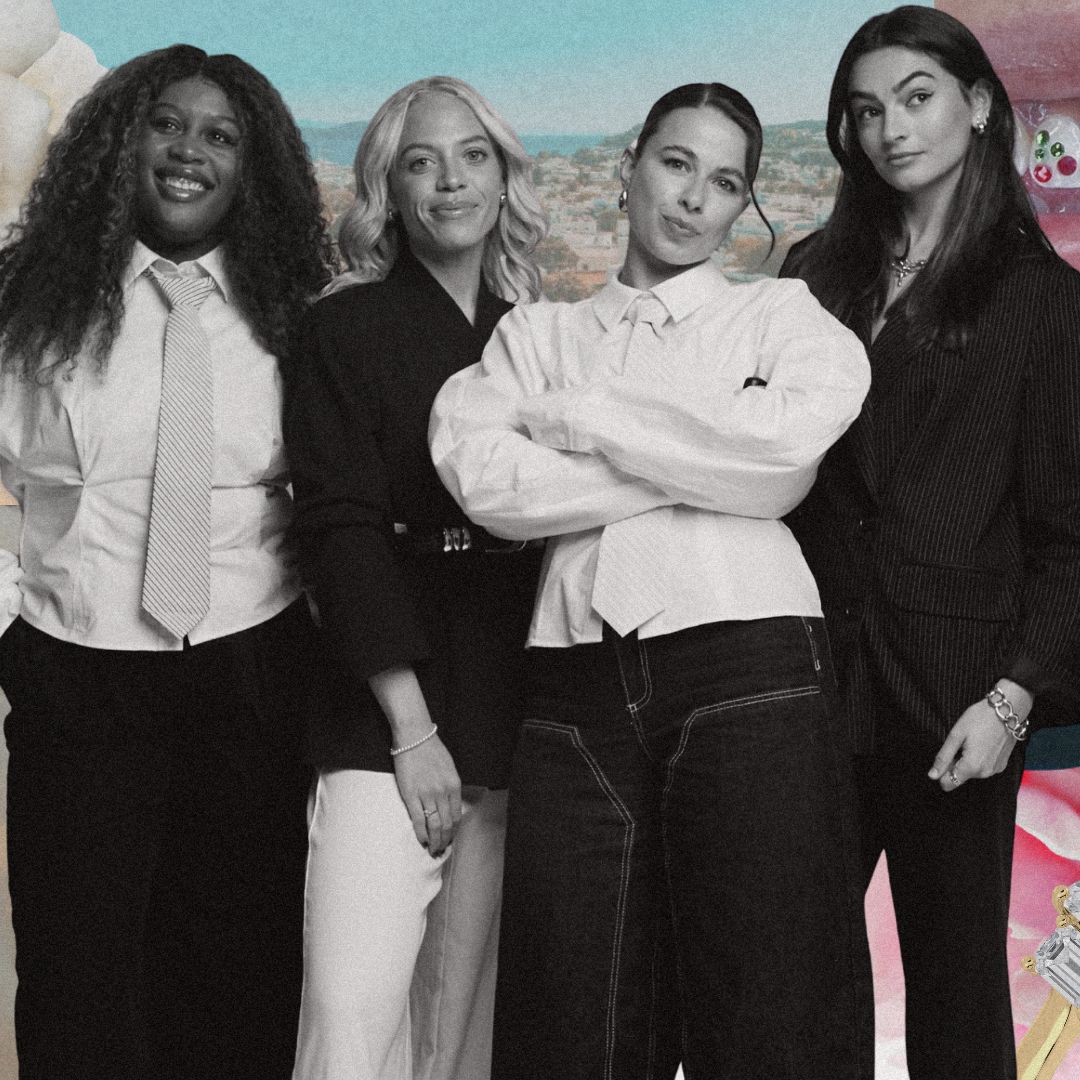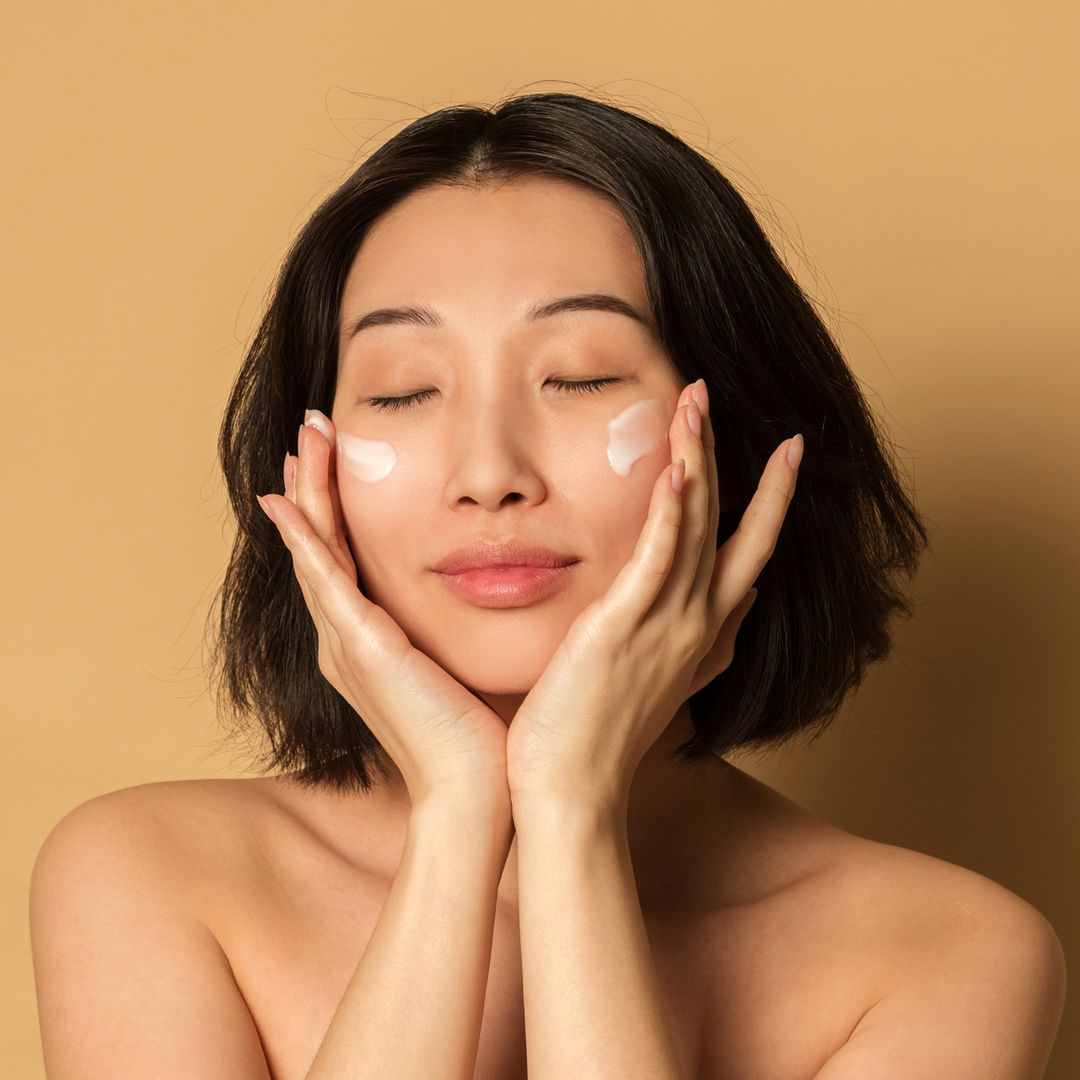Yet another hotly debated beauty moot point, primer seems to creep back on our collective radar when the weather warms up.
For some makeup artists, the skin prep product is an integral part of their kit, others happily swerve it.
As to whether you need one in your makeup arsenal? The jury is still out, but what's clear is that there's no one-size-fits-all approach. There are heaps of innovative primer formulas out there, each designed to tackle a specific beauty woe and help you achieve a flawless base.
What is primer?
Primer is used after your skincare to prep the skin before foundation, or your preferred base product. In essence, its main function is to create a super smooth canvas, onto which your makeup will grip, improving the overall staying power.
What does it do?
Traditionally, primer is designed to help your makeup last. Sandwiched in between SPF and foundation, the extra layer makes application more seamless, and encourages your makeup to stay put. This is especially useful if you have a special event, with minimal access to touch-ups.
Many modern primers have added skincare benefits, meaning you can scale back the number of products in your routine. For makeup artist Hannah Davies, primer is a kit non-negotiable, and she stresses the importance of finding a product that aligns with your skin type and finish preferences. "Depending on your desired results, they can help improve texture, increase longevity of makeup wear and also create a barrier for more sensitive skin," she explains.
How to choose the right one for you
There are many different types of primers out there, some extremely specific like those without SPF designed to be worn on camera, or green-coloured correctors to minimise redness. Others are multi-purpose, created with additional benefits in mind.
Mattifying
If your skin type is oily and you're looking to control the level of shine, a mattifying formula will be your saviour. Makeup artist Isabel Concetta is less wedded to primer, only using it from time to time. But mattifying primer is one of the few types that she does in fact use on her clients – testament to its efficacy. She advises concentrating on the most oil-prone areas of the face, the T-zone, nose, chin and the like, as this allows you to "avoid using so much powder" over the course of the day. Fenty Beauty's 'Pro Filt'R Mattifying Primer' is a great option for those after all-day shine control who wish to enhance the longevity of their makeup.
Illuminating
Illuminating or glow-boosting primers are great for banishing dullness and making your skin appear more radiant. They often contain light-reflecting particles and can work really beautifully alone if you're going for a pared-back, lit-from-within look. We recommend Yves Saint Laurent's 'Touche Éclat Blur Primer' for a radiant finish. The product's shimmer gel uses advanced blurring technology to create a smooth canvas prior to makeup application.
Blurring
Smoothing, or blurring as they're otherwise known, primers can be useful if you're trying to address uneven texture. "For example, makeup can really highlight large open pores or dry patches," Hannah explains. "A blurring primer stops the makeup clinging to this area by adding a thin layer for the makeup to sit on." These kinds of formulas often contain silicone to fill in fine lines and wrinkles and create a super-smooth base. Refy's 'Blur and Hydrate Primer' is the perfect option to blur unwanted imperfections without dulling your skin's natural glow.
Hydrating
Look out for a primer packed with humectants – hyaluronic acid and glycerin for instance – if your skin craves that extra layer of moisture. Ingredients such as these can make your skin appear plumper and dewier, and deliver comfortable, long-lasting hydration. Milk Makeup's 'Hydro Grip Primer' has a silky gel formula that is enriched with aloe water, hyaluronic acid, niacinamide, and blue agave extract.
Protecting
Some primers contain powerful antioxidants to protect the skin against oxidative damage, caused by free radicals. Long-term exposure to environmental aggressors can negatively impact your skin, resulting in collagen depletion and loss of elasticity. One of the lesser-known primer functions is that it can also help strengthen the skin barrier. "By applying a physical barrier, it can help protect against bacteria, pollution and other nasties which an intact barrier defends against, which in turn can lead to less breakouts or flare-ups," Hannah explains. Bare Minerals' 'Daily Protecting Prime Time Primer' protects against UV rays, blue light and environmental aggressors with a broad spectrum SPF 30.
Colour-Correcting
Designed to counteract underlying tones, colour-correctors work to neutralise and make your skin appear more even. Green is used to reduce redness, purple cancels out sallowness and yellow can help remedy a bluish tinge. Our favourite is Erborian's 'CC Red Correct' – the Korean holy grail contains pigments to help correct redness and is enriched with SPF 25.
How to apply primer
Following the final step of your morning skincare routine, squeeze out a pea-sized amount of primer. You can apply it with your fingers or a flat brush, and if your chosen formula has additional skincare benefits you may actually prefer to skip some of your usual steps. But the main thing to note is that you don't want to overdo it with too many layers. "More is more is not really the case with primer as this can lead to pilling," Hannah advises.
How to avoid pilling
Pilling is the term used to describe those infuriating small flakes of product that occur when incompatible formulas – makeup, primer, skincare or a mix – are layered over the top of one another.
One of the key ingredient culprits is silicone, often used in smoothing primers. "To avoid this, I suggest not mixing random primers and products and moisturisers – find a staple moisturiser and trustworthy primer and foundation combination that you know mix well together," Isabel recommends. If a blurred base is your main primer aim, it's definitely worth considering cutting down on unnecessary extra layers of product.
Herein lies the million-dollar question. Essentially, it's up to you. Primer can be a really useful step when it comes to targeting specific skin concerns and helping your makeup look seamless and last longer. However, Isabel makes the excellent point that it's sometimes mistakenly viewed as a quick fix. "Primers can be effective and helpful," she says. "However I think there is too much emphasis placed on primers to do all the work." Even the most high-performing primer cannot act as a substitute for a diligent skincare routine.
